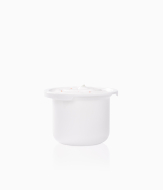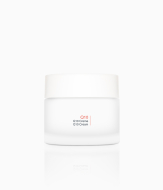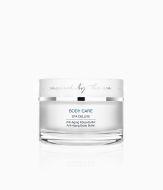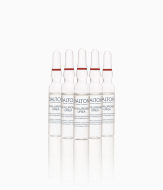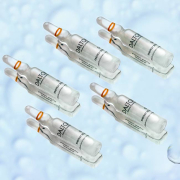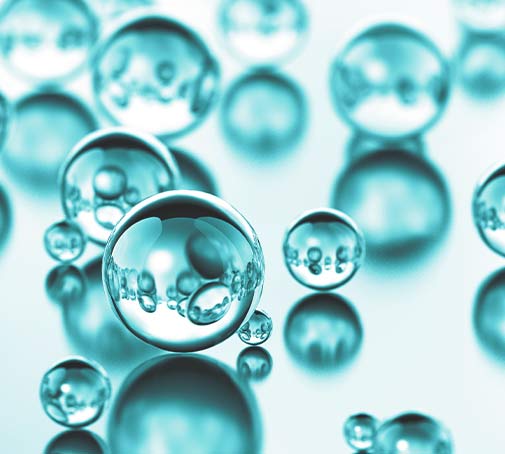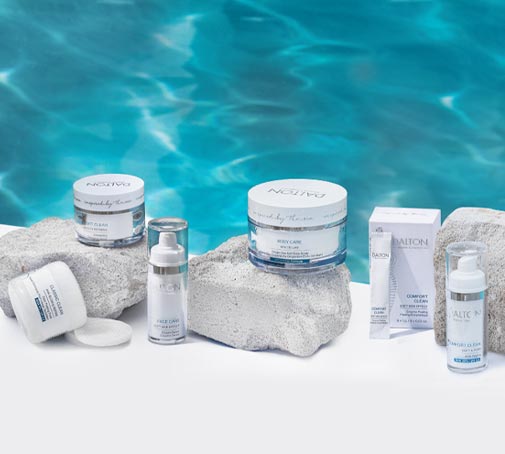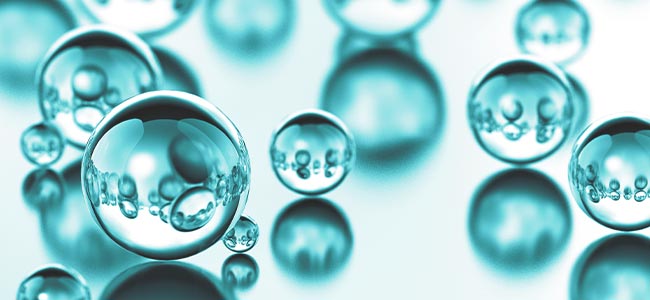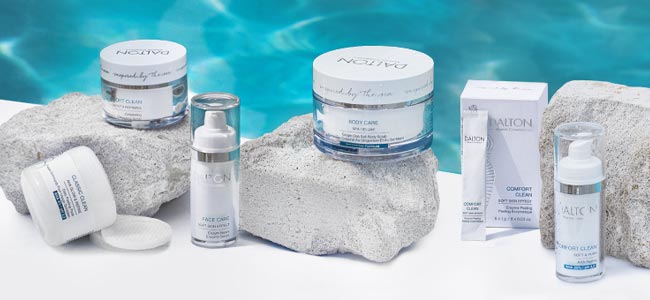

Dry Skin
Are you familiar with the feeling that your skin is literally drying out? It itches, flakes, feels tight and your complexion looks dull? We are going to take a look at what causes this, how you can rehydrate your skin and make it glow again.
What causes dry skin?
Our body continuously supplies the skin with moisture and lipids to keep it healthy and protect it from negative external influences. The sebaceous gland produce oil and lipids that form a protective film on the skin. At the same time, lost moisture must always be replenished to keep the skin well hydrated. If these natural functions don’t work properly and are impaired by external factors, such as dry air in the cold seasons, the skin becomes ever drier and the natural skin barrier is compromised. Automatic processes continue to slow down with increasing age. This is one of the reasons why mature skin in particular often struggles with dryness on the face and all over the body.
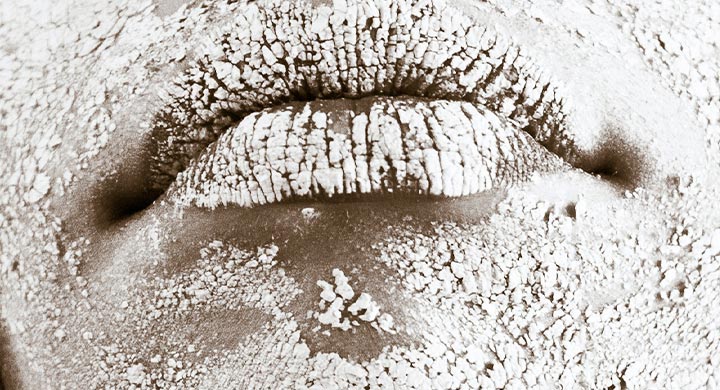

How to identify dry skin:
- Skin feeling tight
- You tend to have scaly skin
- It feels dry and rough
- Moisturizers are instantly absorbed
- Your complexion looks dull and tired
How to identify dry skin:
- Skin feeling tight
- You tend to have scaly skin
- It feels dry and rough
- Moisturizers are instantly absorbed
- Your complexion looks dull and tired
External Factors
Dry skin can be caused by a number of risk factors. Genetics and age usually play a major role, but external influences can also promote dry skin.
- Weather: The different seasons and weather conditions can be quite hard on the skin. In summer, we lose more fluid and moisture through sweating. In winter, on the other hand, when it is extremely cold, the skin’s sebum production is reduced and the pores tighten. Dry air from heating can also dry and irritate the skin.
- Sun exposure: Excessive UV radiation can cause the skin to become stressed and irritated. Don’t forget to always use sunscreen with the appropriate SPF! Important: Dermatologists recommend to use sun protection on your face every day, regardless of whether the sun is shining or not!
- Clothing: Tight-fitting and non-breathable clothing is particularly stressful for dry, sensitive skin and can cause flaking and itchy skin.
Not all dry skin is the same
If you have dry skin, it is worth taking a closer look at the condition of your skin. You should ask yourself the question: Do you have dehydrated skin or dry skin that lacks lipids.
Dehydrated skin: The skin cannot get enough moisture or is unable to store it effectively. Lightweight moisturizers are a good choice then. They infuse the skin with intense moisture and also help the skin to retain it. They can smooth fine lines caused by dryness and provide a skin-plumping effect. Heavy creams would be too much for this type of skin. Instead, choose lighter moisturizers with ingredients such as hyaluronic acid, glycerin or urea.
Dry skin lacking lipids: The skin not only lacks moisture, but also oil (lipids). Lipid-rich creams are great to moisturize and nourish the skin. A lightweight moisturizer will not be enough if your skin lacks lipids. You will quickly realize that your moisturizer is instantly absorbed and your skin feels dry and tight again shortly afterwards. Ingredients like jojoba oil, almond oil or mango butter are good choices for this type of dry skin.
Challenges
Dry skin rarely feels pleasant. It itches, flakes, feels tight and can easily become irritated. Also, make-up can easily settle on dry patches and become blotchy. Dry skin can manifest itself with various symptoms – it can even present a serious skin condition. The medical term for severely dry skin is xerosis.
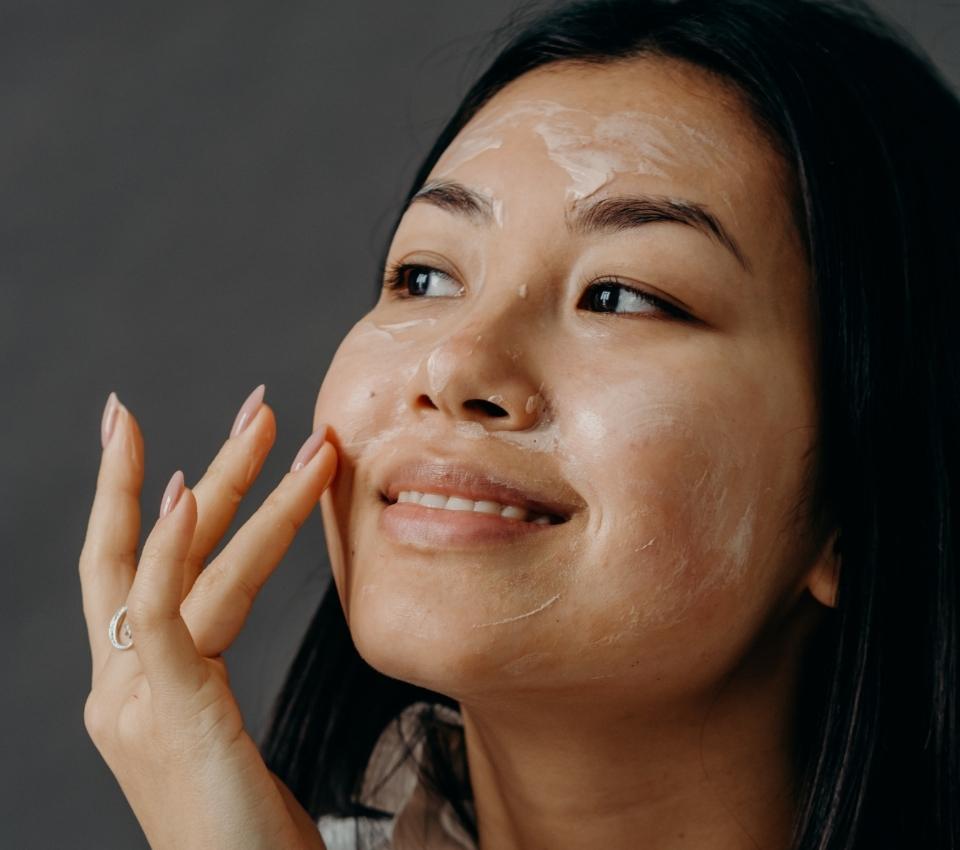

Dry skin on the face
Dry facial skin will often look dull and tired. Now that you know that there are differences in your daily skincare routine, depending on which type of dry skin you have, we can make things a little easier for ourselves when talking about helpful weekly additions. Exfoliating once or twice a week will make your skin look fresher. It removes dead skin cells on the upper layer of the skin with instant benefits. Rough skin becomes softer, smoother and more receptive for skincare products. Gentle and moisturizing cleansers, such as a cleansing milk, are ideal for sensitive skin. Make sure you use only lukewarm water when cleansing. With a gentle toner you can make it easier for the skin to absorb the products you put on after. Moisturizing face masks or ampoules infuse dry skin with intense hydration and leave a fresh complexion. You can find more of our favorite products for dry skin here.
Dry skin on the body
Dry body skin is not uncommon and is often accompanied by itching. Long baths or hot showers are among the most common causes for itchy skin. Make sure not to use excessively hot water to avoid drying the skin even more. Moisturizing body lotions and regular body scrubs can also provide a quick remedy. A lipid-rich body butter is ideal for very dry skin. You can find more tips on caring for dry body skin in our Body Care Guide.
Wrinkles caused by skin dryness
Dry skin leaves its marks and it can cause fine lines to appear on the face. Before they turn into deep wrinkles, you can make a difference by using products with hyaluronic acid to plump up dry skin and provide additional moisture. Have fine laugh lines turned into crow’s feet? You can find tips on how to reduce the look of crow’s feet in our DALTON magazine.
Eczema, atopic dermatitis, psoriasis
In some cases, dry skin is unfortunately caused by chronic skin conditions such as eczema or psoriasis. In these cases, you need to pay particular attention to meet the needs of very sensitive skin. Eczema and psoriasis can also affect the scalp. We recommend using a gentle shampoo specifically targeted at skin prone to atopic dermatitis, eczema or psoriasis.
Dry skin on the face
Dry facial skin will often look dull and tired. Now that you know that there are differences in your daily skincare routine, depending on which type of dry skin you have, we can make things a little easier for ourselves when talking about helpful weekly additions. Exfoliating once or twice a week will make your skin look fresher. It removes dead skin cells on the upper layer of the skin with instant benefits. Rough skin becomes softer, smoother and more receptive for skincare products. Gentle and moisturizing cleansers, such as a cleansing milk, are ideal for sensitive skin. Make sure you use only lukewarm water when cleansing. With a gentle toner you can make it easier for the skin to absorb the products you put on after. Moisturizing face masks or ampoules infuse dry skin with intense hydration and leave a fresh complexion. You can find more of our favorite products for dry skin here.
Dry skin on the body
Dry body skin is not uncommon and is often accompanied by itching. Long baths or hot showers are among the most common causes for itchy skin. Make sure not to use excessively hot water to avoid drying the skin even more. Moisturizing body lotions and regular body scrubs can also provide a quick remedy. A lipid-rich body butter is ideal for very dry skin. You can find more tips on caring for dry body skin in our Body Care Guide.
Wrinkles caused by skin dryness
Dry skin leaves its marks and it can cause fine lines to appear on the face. Before they turn into deep wrinkles, you can make a difference by using products with hyaluronic acid to plump up dry skin and provide additional moisture. Have fine laugh lines turned into crow’s feet? You can find tips on how to reduce the look of crow’s feet in our DALTON magazine.
Eczema, atopic dermatitis, psoriasis
In some cases, dry skin is unfortunately caused by chronic skin conditions such as eczema or psoriasis. In these cases, you need to pay particular attention to meet the needs of very sensitive skin. Eczema and psoriasis can also affect the scalp. We recommend using a gentle shampoo specifically targeted at skin prone to atopic dermatitis, eczema or psoriasis.
Tips for dry skin
- Drink plenty of water: Your body needs to stay hydrated, especially after exercising. Preferably by drinking water, of course. When you sweat, you not only lose fluid, but also minerals. The skin may react with dryness. It is also important to wash off any sweat residue.
- Make sure you maintain a healthy lifestyle: Stress and psychological distress can damage the skin just as much as cigarette smoking or hormonal changes.
- Regular exfoliation: Scrubs and exfoliants remove buildup and make dull skin glow again.
- Ampoules and face masks: They are instant SOS hydration boosters.
NMF – Natural Moisturizing Factors
NMF stands for Natural Moisturizing Factors, which are responsible for regulating the skin’s moisture balance. This system is responsible for binding and storing moisture. The NMF consists of hydrophilic (water-loving) substances such as squalane, lactic acids, amino acids, hyaluronic acid and urea. Unfortunately, the NMF alone is no guarantee that our skin is protected from water loss. Healthy skin with an intact skin barrier is extremely important for this protective mechanism to work and to avoid dry skin.


Beauty editor


